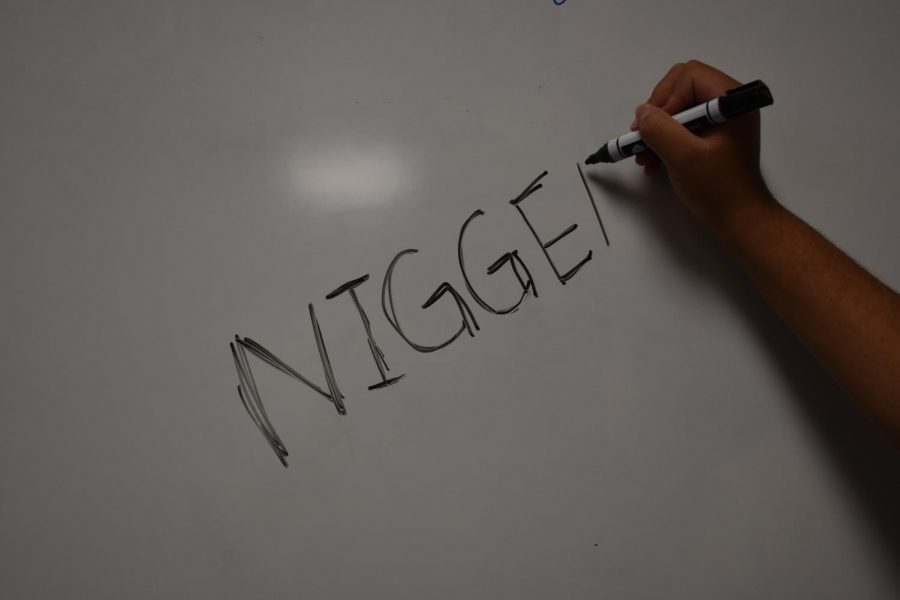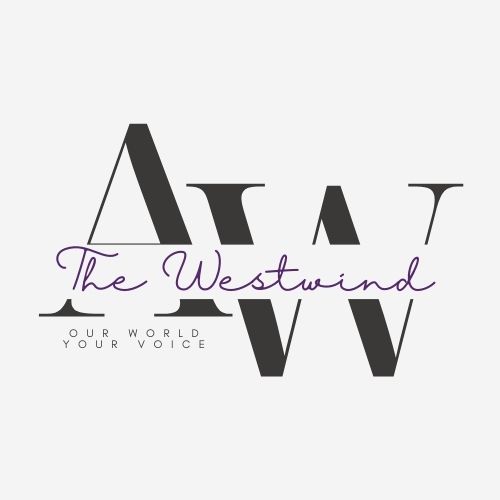A word of controversy, history condemned to be spoken
EDITOR’S NOTE: The Westwind does not use derogatory words in our reporting unless it is essential to the meaning of the story. We recognize this content may be offensive to some, however, this story focuses on why this word continues to be used and is germane to this content.
Many A-West students have been saying the incendiary N-word.
For those who do not know the full history of the word, the N-word is a word introduced in the past few hundred years to oppress and discriminate against those of African descent. It is a derivative of the Latin word for black, niger; however, the two words have completely different connotations. In the United States, people of African descent were once captive in slavery and forced to perform manual labor.
America’s relationship with racism has been improving over the years, however, it is not completely abolished. With slurs like the N-word existing as a grave reminder to the tragic past of people of color, the past still rears its ugly face.
For the past few generations Americans of Caucasian descent have done their best to eliminate the word from their vocabulary out of respect for those of color. But in recent generations, with young people who have not experienced extreme racism and have been desensitized to many slurs, the word has appeared once again. This has resulted in extreme controversy and diverse opinions on the subject and whether or not it is okay to be said by the white population.
For example, many people hold the opinion that if a word can be said by some people, it should able to be said by everyone.
Sophomore at A-West Lucy Vaughan states, “I think that it is discriminatory to not allow people of certain races to not say words due to their race.”
This idea does have validity when compared to Merriam Webster’s definition of racism of being “racial prejudice or discrimination.”
Vaughan continues, “All white people are not a collective, and I think that even though black people were oppressed, which is horrible, I don’t believe a simple word was the cause thereof.” The idea that the N-word is not so taboo is shared with other students aside from Vaughan.
Senior at A-West, Barrit Sloan, states, “I don’t use the N-word in a racist way.” He continues to state how he believes it to be an infringement upon free speech by prohibiting people from saying the word. Sloan says, “I feel like you shouldn’t single out a group because of their beliefs. Even if their beliefs are contradictory to the majority’s.”
Not all students at A-West agree with this rhetoric. For instance, sophomore at A-West Jennifer Brown claims that the word itself is horrible due to its history and should not be said by anyone.
Brown proclaims, “I feel like it’s just a bad word in general with so much history behind it that people in general, shouldn’t allow it.”
However, the philosophy that those of African descent should be able to say it is explained by Brown here. She continues, “I understand African Americans wanting to reclaim the word, and I understand why they wanna say it. But like Caucasians, no, not really.” Brown compares it to someone using the bathroom of the opposite gender, while having no right to. “It’s like saying ‘Oh if you get to use the men’s bathroom then I should be able to use the men’s bathroom too.’”
In the past, many ideas that are widely accepted today were the beliefs of the minority in the past. Women having voting rights, was an idea challenged by an oppressed people. The N-word is making a comeback with the evolution of people’s vernacular that lacks historical context.



